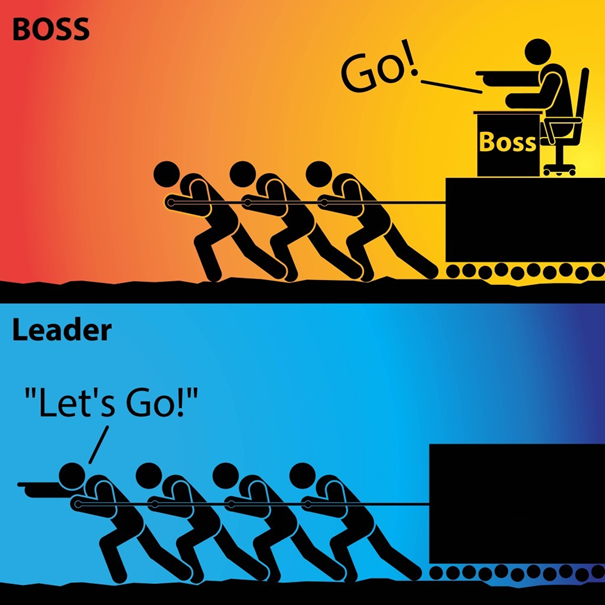Superiors vs Leaders – a scientific perspective
Written by LILIUM CARLCON and ENRIQUE LESCURESuperiors vs Leaders – a scientific perspective

Article by Lilium Carlson and Enrique Lescure
Introduction
For most of human history, the issue of the division of political and institutional power and its usage has been one of the top two or three sources for political disagreement and polarization. History as it is written mostly consists of a depressing list of power struggles, wars, coups, assassinations and genocides. Not only has literature and popular culture been affected by this (Hamlet, The Lion King, Star Wars and Game of Thrones just to take a few examples), but unsurprisingly most of political theory, preceding Ancient Greece and back to Pharaonic Old Kingdom texts, deal with attempts to foment lasting and stable political orders. Plato, Aristotle, Kong Fu Tze, Machiavelli, Locke, Montesquieu, Schmitt and Rawls have all contributed to our understanding of the nature of power.
The reader would probably expect us to claim that we have seen little development on this front. On the contrary, cornucopians have it more right than wrong on this front in our humble opinion. Concurrent with the technological progress we’ve seen for the last few centuries, we have also seen a clear political and institutional progress.
Since the late 18th century, there has been a clear and unmistakable drive towards constitutional governance, democratic representation of the citizenry, a gradual process towards equality before the law, of the emancipation of females and minorities. Even in most authoritarian states today, the elites are generally attempting to set up shells of constitutionalism. It could be argued that there still is much to do, that corporate, oligarchic and bureaucratic power generally is entrenched and strives to further its own grip on power and the privileges which follow. Most western states have entrenched establishments and rival elite factions within pseudo-oligarchical institutions, with unequal access to media platforms and power for the population.
The primary goal of the E.O.S is however not to institute new political systems, or to solve the problem of power. Our goal is and has always been to contribute to an ecologically and by necessity socially sustainable future for humanity – and we believe that most of the foundations of the enlightenment and what subsequent generations have built on are sound. Constitutional governance, equality before the law, transparency, anti-discrimination, inclusion and democratic participation are tested solutions which have shown to improve both accountability, participation and protection for individual rights.
While our socio-economic system in the light of the environmental crisis is in need for serious rethinking and for a system of distribution which questions the very core assumptions of our current debt-based monetary system, the same cannot be said of the principles of governance, where it is ascertained scientifically that pluralistic societies with strong institutions and durable constitutional frameworks are those societies which bring the best quality of governance and the best results in terms of well-being to the greatest number of people – which is at the heart of our mission.
There have however been calls, both within our Facebook group and within the wider society, that the quality of our society would increase if we as a community sought to give skilled experts increased decision-making power over their areas of expertise, at the expense of the wider populus. Recently, the results of the US Presidential elections of 2016 have even prompted calls to restrict voting rights and reintroduce what effectively amounts to revived literacy tests. The argument goes that society is incredibly complex, and that ordinary people generally do not have the education or expertise to wield influence over complex decisions.
There have even been arguments by proponents of some of these trends that the E.O.S falls or ideally should fall within the category which sees the way to improve human society as restricting and rolling back democratic influence over specific areas. That a more pure technocratic system would bring a higher efficiency and also “lies at the core of what the E.O.S should advocate”.
This collaborative article is written with the agenda to challenge these assumptions and clearly establish where the E.O.S stands in the three issues of governance, inclusion and science applied to society.
Last modified on 2025-02-04 08:03:51